Why Early Dental Check-Ups Are Crucial for Your Child’s Health

As a parent, ensuring your child’s overall health and well-being is a top priority. One crucial
aspect that sometimes gets overlooked is dental health. While many parents may assume that dental checkups can wait until their child is older, early dental visits are essential for setting the foundation for a lifetime of healthy teeth and gums. Here’s why early dental checkups are so important for your child’s health.
Establishing good dental habits
Early dental checkups provide an excellent opportunity for both parents and children to learn about proper oral hygiene practices. Dentists can offer guidance on brushing techniques, the use of fluoride, and tips for maintaining a healthy diet that promotes strong teeth. Establishing these habits early on helps ensure that your child develops a positive attitude toward oral care, which can last a lifetime. By starting dental visits at a young age, you’re helping your child understand the importance of taking care of their teeth. This education can significantly reduce the risk of dental problems as they grow older.
Prevention of dental issues
The primary reason for early dental checkups is prevention. Many dental problems, such as cavities and tooth decay, can start as soon as your child’s first tooth appears.By scheduling an early dental visit , typically by their first birthday or within six months of the first tooth eruption, you allow the dentist to monitor your child’s oral development and catch any issues before they become serious problems. Pain, infection, and the need for more intrusive operations down the road can all be avoided with early detection and treatment of dental problems. By taking preventative measures, you can spare your child from pain and lessen the chance that they will require expensive dental work down the road.
Building a positive relationship with the dentist
A trip to the dentist can cause fear in a lot of kids. Early dental examinations contribute to normalizing the experience and reducing anxiety for follow-up appointments. A youngster is more likely to feel comfortable when they are familiar with the dental office setting, the personnel, and the processes. at ease and helpful throughout their appointments.
A trip to the dentist can cause fear in a lot of kids. Early dental examinations contribute to normalizing the experience and reducing anxiety for follow-up appointments. A youngster is more likely to feel comfortable when they are familiar with the dental office setting, the personnel, and the processes. at ease and helpful throughout their appointments.
The role of parents in dental health
As the first line of defense against problems with oral health, parents are essential in maintaining their children’s dental health. As soon as a child erupts with their first tooth, parents have the duty to create and uphold proper overall hygiene habits. This include giving them the proper brushing and flossing techniques, helping them choose the best toothpaste and toothbrush, and making sure they eat a balanced diet that reduces their intake of sugar, which can cause cavities.
In addition to providing daily care, parents must arrange for routine dental examinations, beginning as soon as the child turns one year old. During these appointments, a dentist can examine how a child’s teeth are growing, clean their teeth professionally, and recommend preventive care like sealants or fluoride.
Parents can also serve as role models for their children by emphasizing the value of dental health
About pediatric dental visits
Pediatric dental visits are a crucial aspect of maintaining a child’s oral health and ensuring proper dental development from an early age. These visits, often recommended to begin by the time the child turns one year old or within six months after their first tooth appears, are not just Checking for cavities plays a much broader role in a child’s overall well-being. During a pediatric dental visit, the dentist assesses the growth and development of the child’s teeth and jaws, checking for any early signs of dental issues such as tooth decay, misalignment,
or gum disease even before the child’s first birthday. During these check-ups, a dentist can keep an eye on the growth of the child’s teeth, clean them professionally, and recommend preventive care like sealants or fluoride. In addition, parents serve as excellent role models for their children when it comes to dental health. Parents can help their children develop a lifelong commitment to keeping healthy teeth and gums by modeling a positive attitude toward dental care and including it into family routines.


